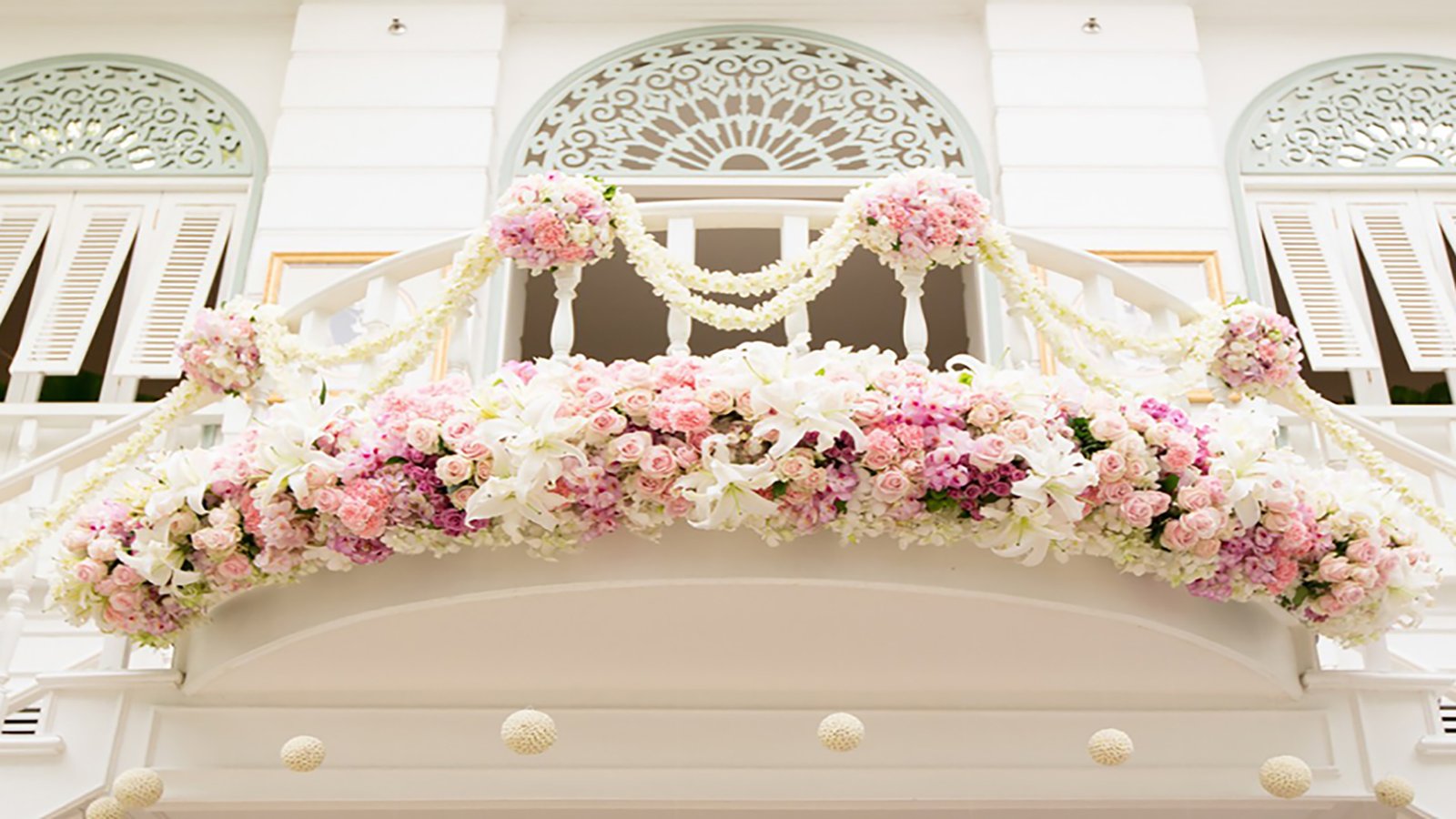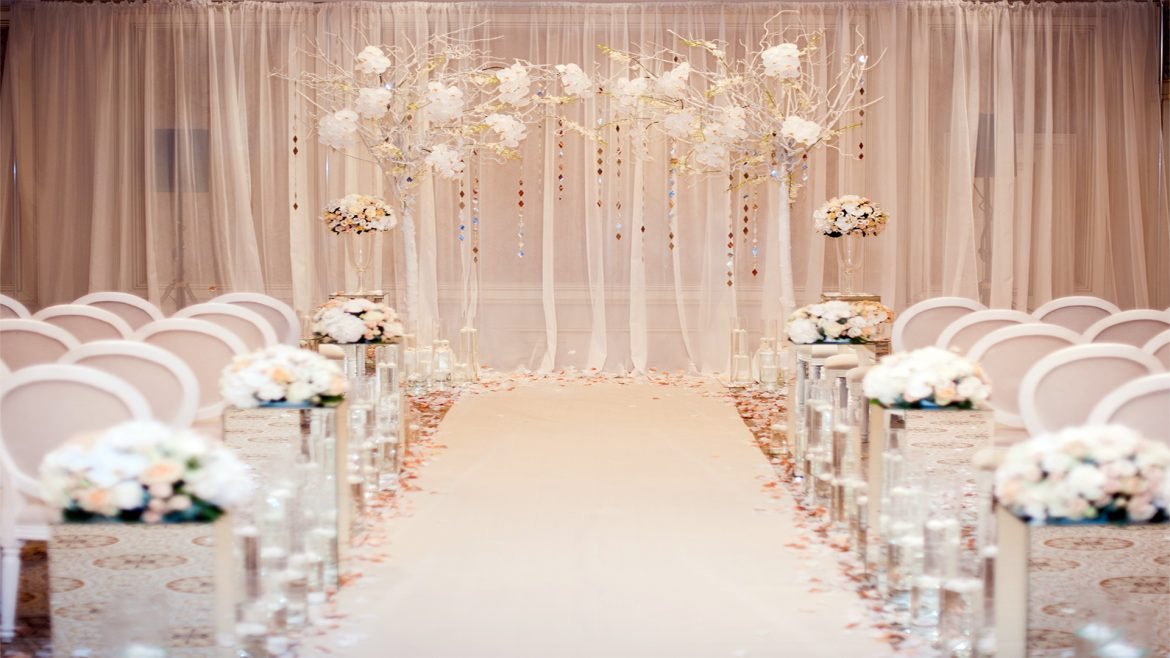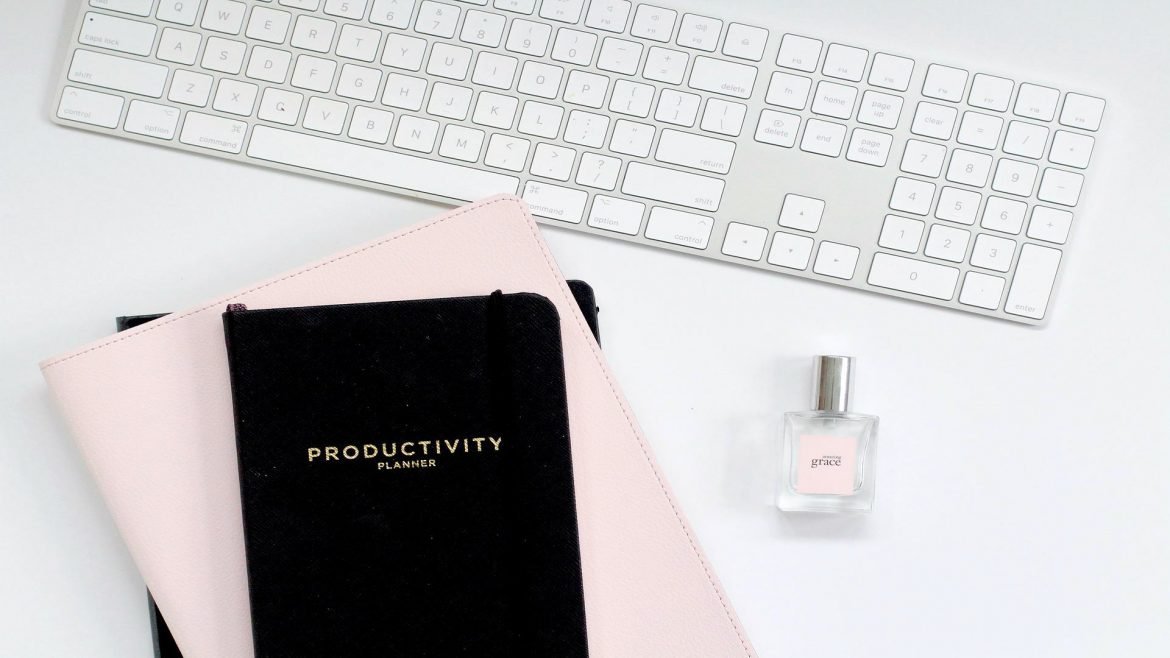
N
ew Jersey is home to some of the most incredible venues, offering an array of quality wedding reception venues that are as diverse as the state itself. From elegant summer venues to exotic venues from northern jersey, to central jersey to the heart of the Jersey Shore featuring romantic vineyards to luxurious banquet halls with the most decadent Viennese spreads. The Garden State is a great place to celebrate a wedding! See our guide and tips below as well as a link to compare different venues in the garden state.
Factors to consider when choosing a venue
1. Your Vision, Taste, and Appeal:
Choose a venue that aligns with your own tastes and appeal. Your wedding venue sets the tone of the wedding, therefore you should at least have a general theme for the wedding in mind when choosing a location. Examples of wedding themes are,
- Victorian theme
- Greenhouse theme
- Tropical theme
- Desert theme
- Cottagecore theme
- Deconstructed luxury theme
- Dried florals theme
- Rustic theme
- Tech theme
- Nearby destination weddings
- Bohemian theme
- Beach Wedding theme
You may want to consider how all the elements of your wedding are going to fit together, from your venue to decorations and menu selections, in order to achieve a cohesive aesthetic look and feel.
2. Budget And Cost:
Most venues with in-house catering (like hotels) will charge a price-per-plate. “Décor and floral design will also drive the cost up.” Know how much your total budget is, as well as approximately what your design will cost to execute. If adding that on top of the cost of using the space blows your budget out of the water, you’ll either need to scale back your design or look at more affordable spaces. “Break down your overall budget by category, prioritizing more funds for vendors that are a higher priority. If you select your venue first, and then realize it’s more than you should have allocated, it’s an uphill battle to stay within your budget when you still have a dozen other people to hire. We provide a free customized wedding budgeting tool for all our booking clients.
3. Your Guests’ Experience:
If you’re inviting a lot of out-of-town guests or having a destination wedding, look for a venue that’s near (or connected to) a hotel, also consider their comfort within the venue, too.
4. Maximum Capacity:
The maximum capacity of a room isn’t often a comfortable amount of space, so ask the venue how many people they can fit comfortably, as well as what is allowed according to the fire code.” to make an informed decision. For example, you don’t want to pack 250 guests into a venue that has a max capacity of exactly 250 people. Your guests may end up bumping elbows at the dinner tables and on the dance floor. Having an estimate of how many people will likely attend your celebration is also key in figuring out how tables will be arranged and how best to configure your available space.
5. Venue Flexibility:
if you’re planning to have an outdoor venue it’s worth asking if there are covered or indoor options in the case of bad weather such as rain. If the venue has both indoor and outdoor options, you can always have a plan B that is easy to execute. Just make sure you also like the backup indoor option, since the reality may be that you end up needing to use it. Keep in mind that some primarily outdoor options can provide a large tent with sides that can be pulled down to keep out the rain. You will just have to ask. If you are planning a winter wedding or early spring wedding, be sure to keep this indoor vs. outdoor consideration front of mind. You might want to also look at some historic temperatures for your date and location to determine how to pick a wedding venue that makes the most sense.
6. Venue Privacy and other Priority Checklists:
When searching for your wedding venue, you want to make sure you find a place that is personal and private enough for you. Sometimes a venue will be hosting multiple events or weddings on the same day. If this is the case, ask how much of the place you’ll have to yourselves or how separated the different parties will be. Sometimes venues will also allow you to pay to book out the whole place for an extra cost. If you’re leaning toward an outdoor location, also think about how private it is. Is there a possibility strangers could snoop in or watch from afar? This could be a big distraction for all your guests.
Before you commit to a venue, think about the items that are highest on your wedding priority list. Here are some examples of things you might include:
- A rooftop ceremony space with a killer view
- In-house catering that you can customize to your heart’s content
- The ability to bring-your-own alcohol (BYO)
- A late curfew so you can party into the wee hours of the morning
- Bringing in all your own vendors instead of being limited by a venue’s “preferred list”
- Having exclusive use of the venue so your event is totally private
- An on-site getting-ready suite for the wedding party
Having a shortlist of things you truly want will naturally narrow down your venue options. Communicate your must-haves to the venues you’re considering right off the bat to see if they’re able to accommodate them. Doing this early helps avoid disappointment later!
7. Venue Fine Prints and Restrictions
Although venues typically bend over backward to help couples achieve their wedding vision, sometimes there are restrictions and limitations in place. At the end of the wedding venue spectrum are these two extremes: Blank Slate vs All-Inclusive.
A blank-slate wedding venue is basically an empty room or outdoor space where you need to build your wedding “from scratch” by bringing everything in yourself. Depending on the venue, this can include the whole shebang: from the tables, chairs, linens, and flatware to the sound system and dance floor—even portable restrooms and generators!
All-inclusive venues cover multiple services and/or rentals in one package price—perfect for couples who want to hit the “easy button” and save on time and money. All-inclusive packages may provide catering, bar service, upgraded rentals, cake, and extra perks like a champagne toast or complimentary honeymoon suite.
Deciding where you fall on the wedding venue spectrum comes down to your vision and budget, as well as how much time and energy you’re willing to spend on your wedding. Each venue is different, so get a clear picture of exactly what’s included with each location, and what extras you’ll have to supply to achieve your desired result. Venues set rules for a reason, and they don’t often make exceptions just because you really, really want something. #hardtruth. From using candles and sparklers to hanging décor from the rafters, every venue has its own unique policies that could affect your special event.
8. Parking & Accessibility :
Be sure to consider the needs of all your guests when looking at venues. Check and ask how ADA-accessible the facilities are, including the accessibility of entrances/exits, functional elevators, bathrooms, parking, and seating options. If any grandparents are in attendance, you want to make it as easy as possible for them to enjoy themselves. Thinking about these elements early in the planning process is a great way to make your wedding as inclusive as possible if your wedding location is a bit isolated or in a busy downtown area, it’s important to check if there are good parking options or how accessible it is to get a cab or rideshare. Ask about how many parking spaces there are and if guests would need to pay for parking. In the case that there aren’t great options for parking, you can consider hiring a bus or shuttle to bring people to and from the venue. Just make sure you add this expense into your wedding budget.This is the right time to account for your vendor access to the venue,find out housekeeping policies eg setup times and tear down restrictions for your vendor,ideally ensure your DJ has at least 2 hours of setup time available
Search and compare pricing and other details of New Jersey Wedding Venues


